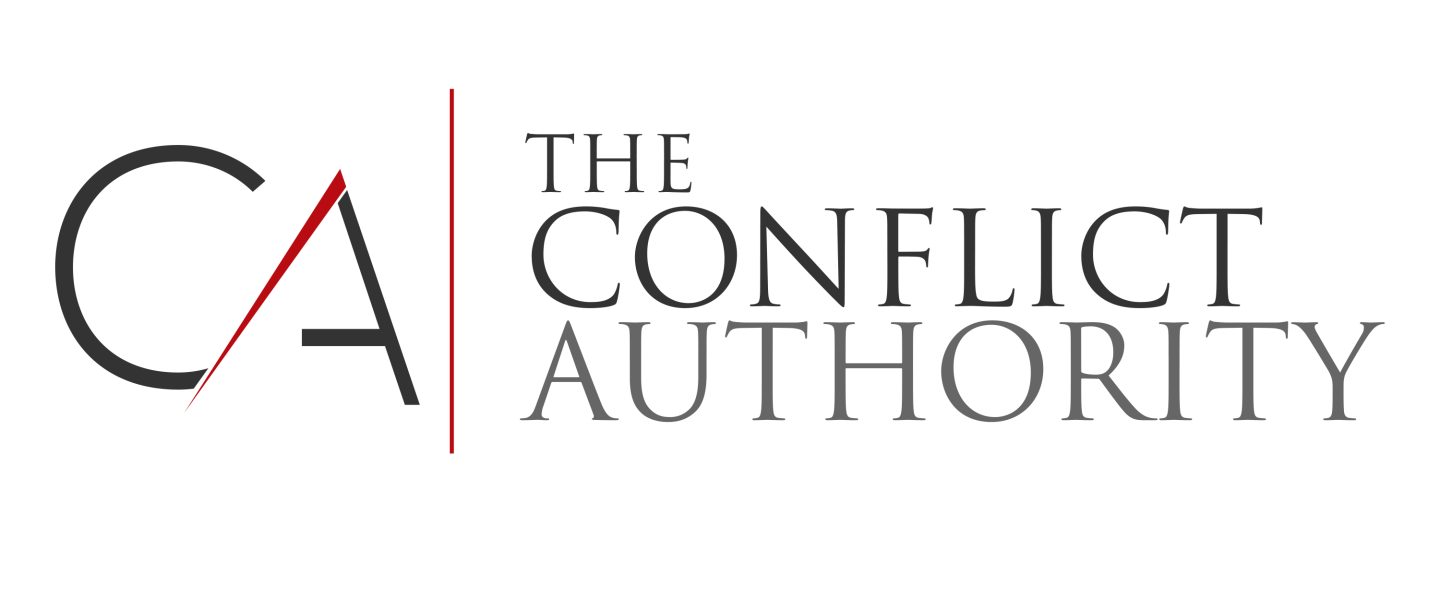I was very young when I first heard the word Chicano. I asked my mother what the word meant and she explained it as a term for militants. Apparently this explanation was sufficient because I didn’t question it even though I was far too young to understand what a militant is.
It did not come until several years later when I was a teenager in high school. That was then when I first read Hunter S. Thompson’s book Fear and Loathing in Las Vegas: A Savage Journey to the Heart of the American Dream. The book is a recounting of a drug addled weekend Thompson spent in Las Vegas with his attorney Dr. Gonzo. I was fascinated by this book and wanted to learn everything I could about it.
One thing I did learn was that Dr. Gonzo was a stand-in for Oscar Z. Acosta, a Los Angeles based civil rights attorney who was investigating the death of journalist Ruben Salazar with Thompson. Then I read Acosta’s books Autobiography of a Brown Buffalo and The Revolt of the Cockroach People. These books introduced me to Chicano activism without necessarily motivating me to involve myself in that activism.
I then joined the army where I went into a militaristic phase and forgot all about the idea of Chicano activism. The idea of activism did come back to me after I left the service. This next phase of interest was more encompassing. I read Rodolfo Acuna’s Occupied America: A History of Chicanos, though instead of going deeper into the Chicano literature I turned to books like Howard Zinn’s A People’s History of the United States. I read authors like Victor Villasenor, Ilan Stavans, and Luis Rodriguez, but I was also fascinated by the work of Joseph Campbell and the translations of Thomas Cleary.
When my eldest daughter Annette was born I became more pragmatic (I did read William James). Activism was then more of an interest than an activity. I again forgot about the idea of the Chicano for many years. Then, while I was in grad school, I learned about identity theory. Identity politics plays a very definite role in identity theory. Though I did not yet apply identity theory to the idea of being a Chicano, those theories were available to me when the Chicano concept came back to me.
After I earned my master’s degree I took some Chicano studies classes at East Los Angeles College. I was looking to learn enough to generalize my graduate thesis to Hispanic, mainly Mexican, communities. I found something that was not quite what I was looking for.
I found that many of the young people I encountered were trying to establish their own identity. Though I am not sure that they saw what they were doing this way, I recognized it because of my studies of identity theory. They were attending these classes to get a degree in order to earn themselves a better income and position in life. They were also, generally speaking, still trying to learn how to learn. I saw a lot of my younger self in those faces. I found much I could identify with in their yearning to better themselves.
I have since learned that Chicano identity is not simply tied to demographics. Technically speaking, as the American born child of American born parents of Mexican descent, I am by definition a Chicano. However, the adoption of a Chicano identity also relates to political militantism as my mother described to me.
I learned from these classes is that I am a Chicano regardless of whether I claim it as my identity or not. I grew up not interested in claiming Chicano as a factor in my identity; that I am Mexican has always been sufficient to explain my origins to anybody who had an interest. The truth is that I am not really a Mexican except, perhaps, in an atavistic sense.
I am an American citizen. I watched American TV growing up. I listened to the Beatles and The Rolling Stones and heavy metal music growing up. I loved Star Wars and Indiana Jones. I served in the US Army.
Physiognomy, however, betrays my fundamental Americanness, at least in the context of United States citizenship. My brown skin invites the question, “Where are you from?” In certain circumstances my command of the English language draws confusion and inquires into how I learned to speak so well. Some people are incredulous when I detail my educational accomplishments. I have never really been the type of person who can abide this kind of contempt. I fight back.
This is where the identity politics comes into play. The color of my skin, my belligerent nature, my interest in politics, and my education all suggest that in American (US) society I do not know my place. That I participate in politics and can stand up for myself when necessary mark me as a militant. I never thought so, I just thought I was exercising my rights as a citizen.
I do know I am stepping out of my place because I have been told so by political rivals. I have been told what is appropriate to discuss and what is inappropriate to civil political discourse. What amuses me about these conversations is that my heritage, that which makes me what I am, is always inappropriate to civil discourse. I have been told time after time that we do not have race or class in the United States. To bring these issues up makes me sound like a militant. Even without trying, it seems that I am a Chicano.

Leave a comment